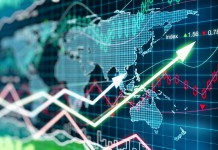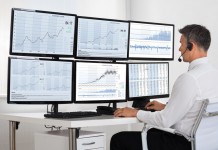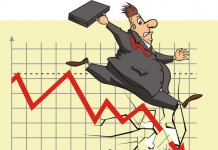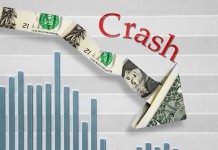It doesn’t Exist!
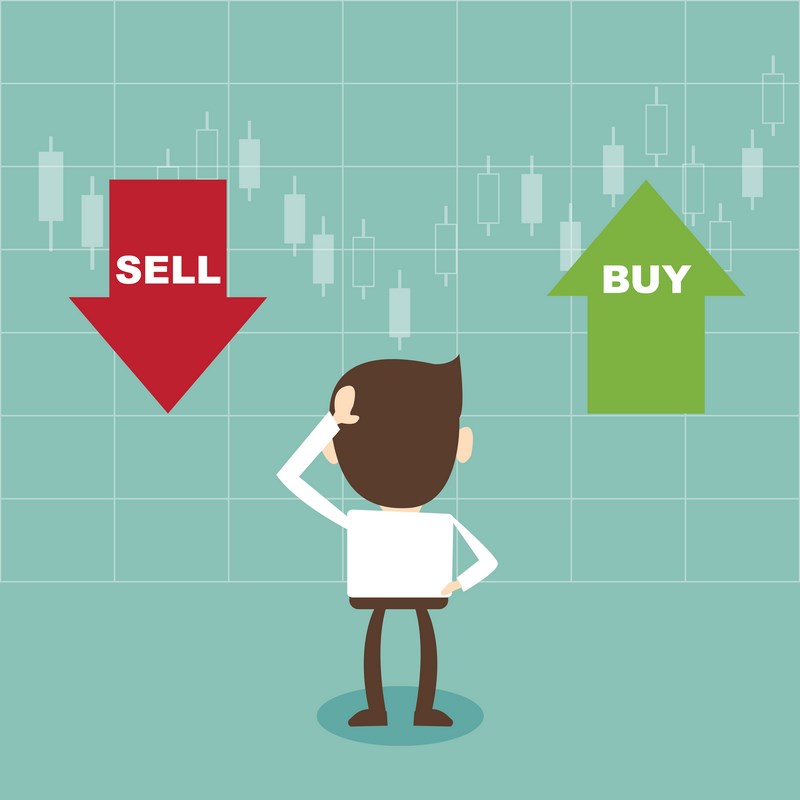 The nature of the foreign exchange market is that there is no hard and fast way in which to make money consistently. The “alchemy” for which we all search simply doesn’t exist. That means that to be a successful trader is, as Thomas Edison said, one percent inspiration and ninety-nine percent perspiration.
The nature of the foreign exchange market is that there is no hard and fast way in which to make money consistently. The “alchemy” for which we all search simply doesn’t exist. That means that to be a successful trader is, as Thomas Edison said, one percent inspiration and ninety-nine percent perspiration.
There will be times when a trader feels he has a “third eye” through which he can see the price action before it happens. Unfortunately, through that same eye, he will often be blinded by what he sees as obvious but no one else can see.
That was my experience recently with Sterling.
I call it an “Emperor’s New Clothes Moment”.
I simply knew that the rise in the pound to post-referendum highs was wrong based on the expectation of a rate hike, the weakness of economic data and the fears surrounding Brexit. Yet my peers continued to buy pounds. Unfortunately for the most part, trading is not an intellectual pursuit, it involves profit and loss and so standing in the way of a moving train or trying to catch a falling knife are not to be recommended. It may be satisfying to be proved right but when your risk management model tells you to stop yourself out ten pips from the high it is of little material comfort!
More than one way to make money
There are plenty of traders, you meet them at conferences, who see trading as more that an exercise in making money. They are rarely satisfied, and you see them surrounding speakers ready to ask demanding “what if” questions generally based around the presenters basic theme.
When I spoke at the price action day in Warsaw last year, I was asked why, given my experience in the market I had virtually stopped trading and resorted to the study of the market. I was even asked if I hadn’t been a very good trader.
My skills were honed in a totally different market where the final demands were the same but the path for reaching them was vastly different.
In a market where you have to be able to make as well as take prices, the ability to “read” your “opponent” is vital. It is very adversarial in that while it isn’t necessarily a zero-sum game overall, every price you make is seen that way. If I was asked a price by another trader and he, say, bought from me, one of us was “right” and the other “wrong” but that didn’t affect the overall days result. You spend your day being an antagonist or protagonist but the interaction with the market is entirely different to that of a retail trader.
Look through any window
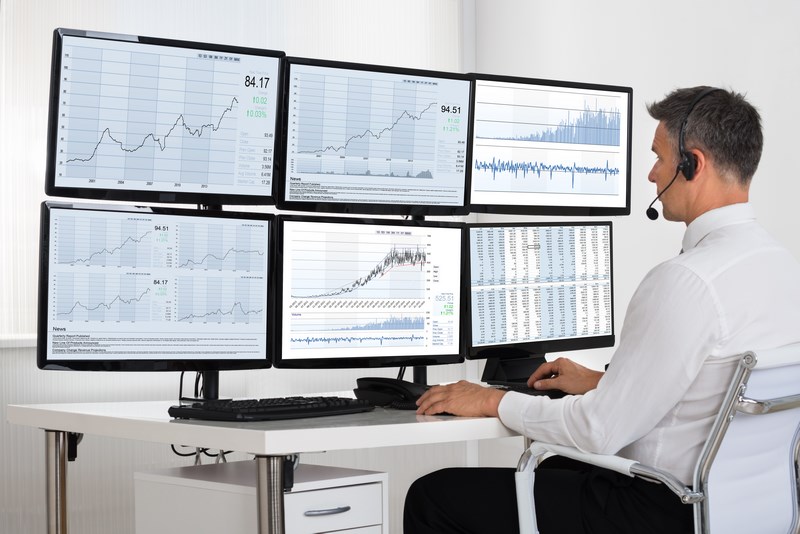 Trading in banks is often technical. Not in the sense of technical analysis but in the sense of making the best of the tools you have available. In a bank’s dealing room there are two types of trader, the interbank and the proprietary.
Trading in banks is often technical. Not in the sense of technical analysis but in the sense of making the best of the tools you have available. In a bank’s dealing room there are two types of trader, the interbank and the proprietary.
We can discuss proprietary traders another time as they are more similar to retail traders
Interbank traders survive on their wits. They rarely refer to charts unless to confirm a particular chart point that they are aware of in any case since their mind becomes a device that records support and resistance levels as second nature.
They do not need to understand the economic minutiae of the drivers of the market, merely the effect that those drivers have. It is left to economists and analysts to theorise the effect, longer term, of trade, employment and other data releases. Interbank traders react to their instant effect. For example an interbank trader with a long dollar position versus the Yen at 1.30pm London time on the first Friday of the month won’t care about the reason the U.S. created 100k or 200k new jobs in the previous month, he will only care what the markets perception of that data is in that instant and based on that perception he will add to his position or bail out.


